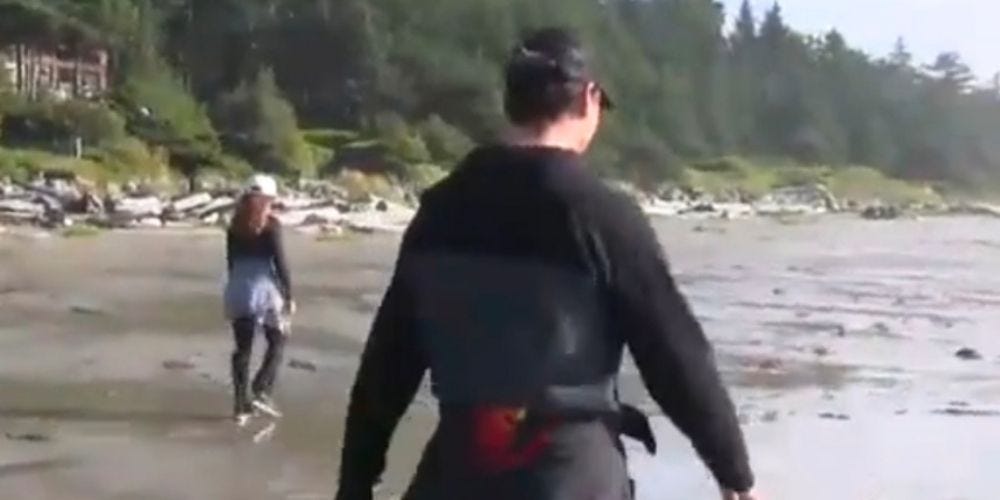
Justin Trudeau took the family to Tofino, British Columbia last week for a holiday.
News media chased after him because he is the Prime Minister. Other people took a strip off Trudeau because inste…
Keep reading with a 7-day free trial
Subscribe to Bond Papers to keep reading this post and get 7 days of free access to the full post archives.



